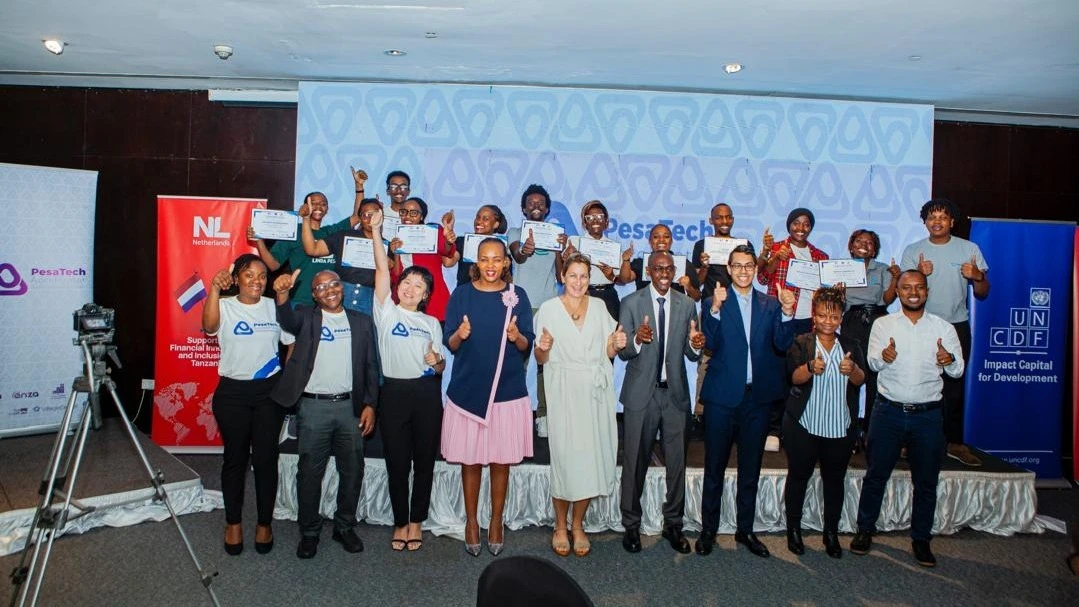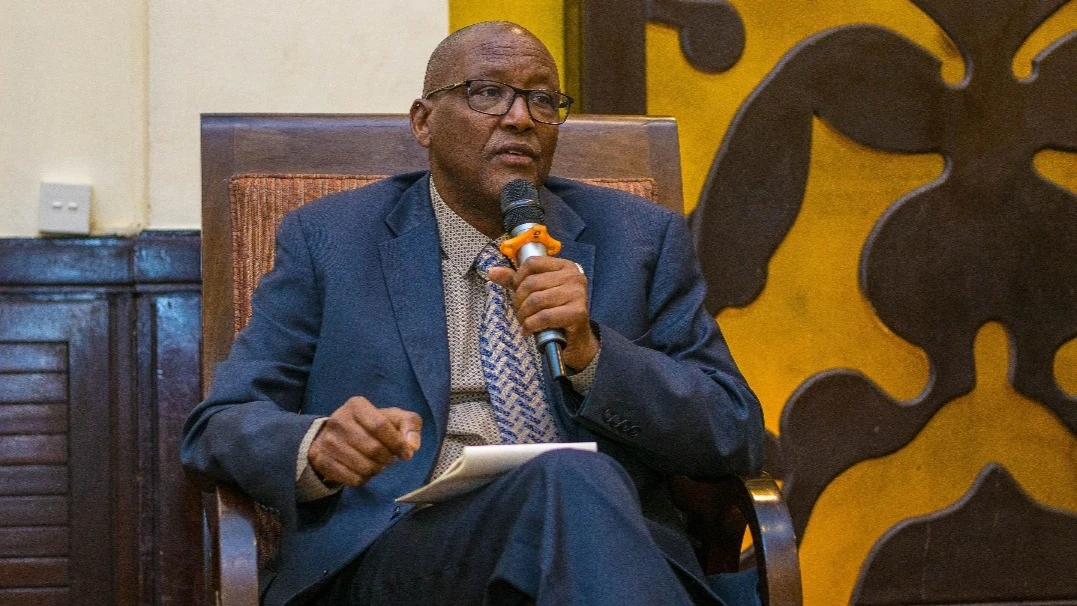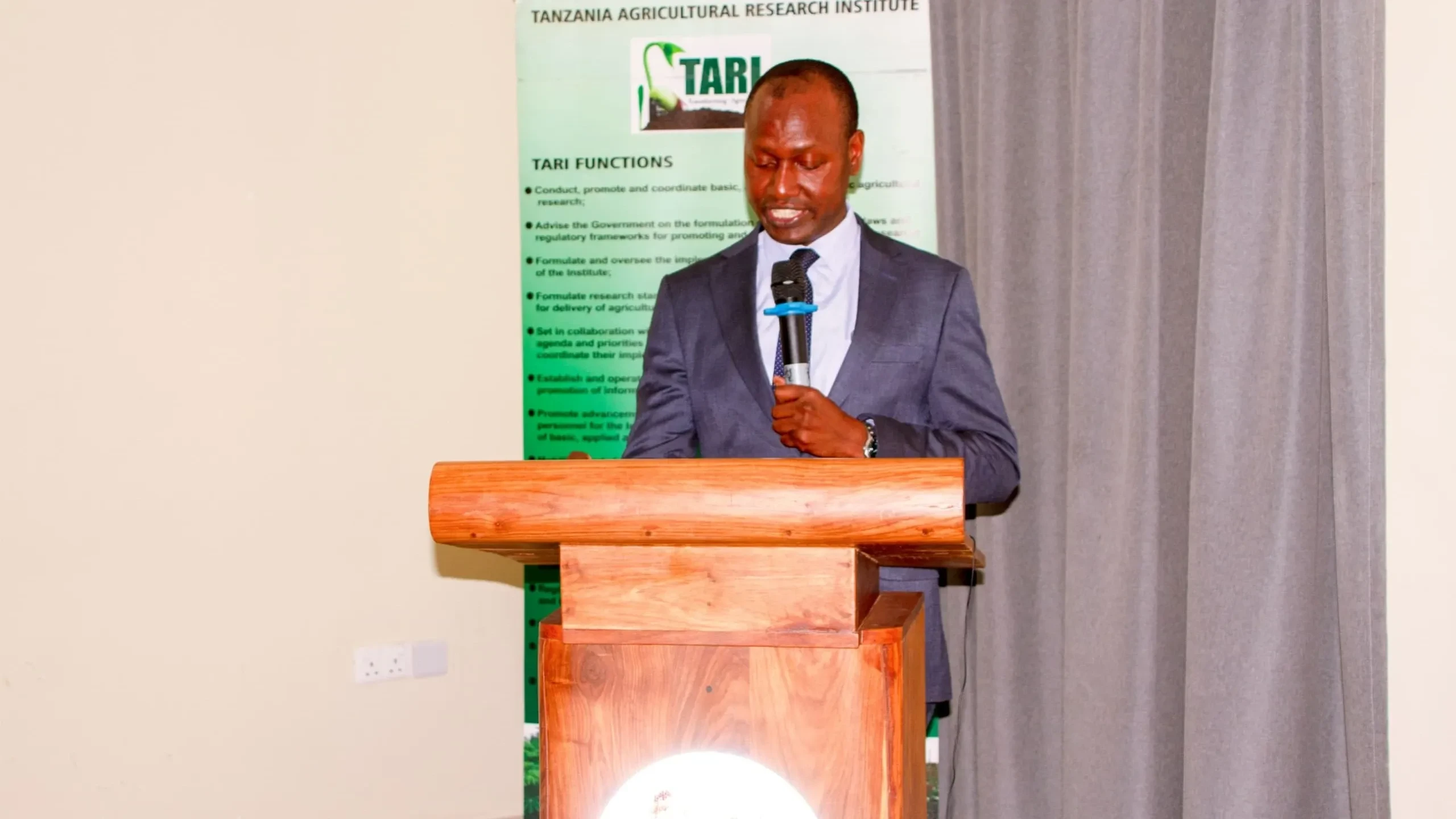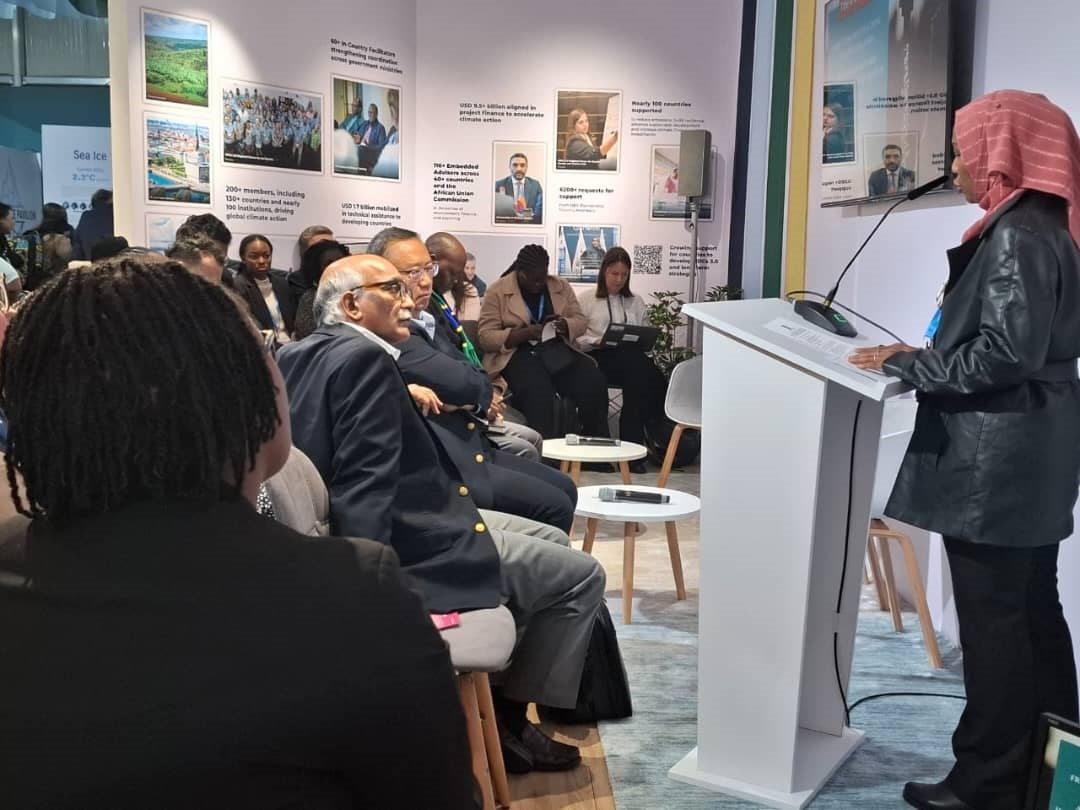Tanzania boosts foreign investment in fintech startups

The Tanzania Investment Centre (TIC) is actively promoting foreign investment in the nation’s fintech startups, which play a vital role in addressing financial challenges and fostering economic development.
At the recent PesaTech networking event and Demo Day held in Dar es Salaam, TIC's Director of Research and Information Systems Leopard Shayo, underscored the significance of supporting local innovators, particularly the youth, who are essential in creating innovative solutions.
Shayo emphasized that many fintech innovators in Tanzania are young and possess a strong spirit of creativity and quick thinking.
He urged investors to support these emerging talents by investing in technology. "Our youth are skilled and brimming with innovative ideas; attracting investors in this field can significantly contribute to our economic growth," he stated.
The TIC is making concerted efforts to create a favorable investment climate, ensuring that foreign investors, especially newcomers, can navigate the market with ease. Shayo mentioned TIC's initiatives to connect startups with international partners, highlighting the need for investments that nurture local fintech expertise.
"We have the human resources and skills necessary for innovation. By attracting investors, we can cultivate a workforce that will enhance our economic landscape," he noted.
He urged universities to prioritize technology and innovation, suggesting that utilizing tech hubs and online resources could further empower youth to compete in the fintech sector globally.
Shayo praised PesaTech Accelerator for its role in supporting young innovators who address local challenges through technology, particularly in finance. He highlighted the transformative impact of fintech on the economy, noting its potential to enhance financial ecosystems and promote inclusivity. For instance, fintech solutions can help farmers’ access funds, enabling them to invest in modern tools and hire labor, thus improving their productivity.
“Fintech also facilitates quicker access to capital for SMEs, provides online accounting tools, and streamlines payment processes, allowing them to scale operations more effectively,” he added.
Ivana Damjanov, UNCDF’s country lead for Tanzania, emphasized fintech's critical role in promoting financial inclusion and called for more partnerships to bolster these initiatives. She described PesaTech not just as an accelerator but as a vital player in Tanzania's broader transformation vision.
Damjanov noted the success of the current fintech cohort, which features a significant number of female-led startups and has expanded its geographical reach to five regions: Mbeya, Dodoma, Dar es Salaam, Morogoro, and Arusha. This progress reflects growing awareness and interest in fintech across the country, as well as an increase in female entrepreneurship within the sector.
With support from NMB Bank, many applicants accessed capital and engaged in valuable dialogues with various bank departments, fostering effective collaborations. "The future of fintech in Tanzania looks promising, and PesaTech will continue to nurture the next generation of fintech entrepreneurs," she affirmed.
Tian Zhang, UNCDF's project manager, shared insights into the PesaTech Accelerator's evolution, detailing the extensive training, mentoring, and financial support provided to participants, ranging from $5,000 to $15,000 per startup.
Edger Masatu, UNCDF Innovations Analyst, stressed the goal of empowering fintech entrepreneurs to tackle various challenges through innovative solutions that assist financial institutions in reaching diverse sectors like agriculture, education, health, and transportation.
He highlighted successful startups such as Hashtech Tanzania, which utilizes IoT and electronic ticketing to combat fraud via the Mysafari app; Swahilies, which offers digital management tools for SMEs; and MEDPACK, which enhances the procurement and distribution of medical supplies through advanced financial technologies.
"Our mission is to ensure that every Tanzanian benefits from digital and economic inclusion, as these fintech solutions improve accessibility, security, and efficiency, ultimately driving economic growth across sectors," Masatu stated.
Joshua Silayo, managing director of Anza Entrepreneurs, emphasized that robust partnerships among entrepreneurs, investors, and stakeholders are crucial for developing a sustainable fintech ecosystem in Tanzania.
He explained that the selection process for the ten fintech startups began last year with 70 applicants, ultimately narrowing down to the chosen few who each received $5,000 to address identified gaps in the fintech landscape.
"The selection process took eleven months, during which we provided comprehensive training in finance, technology, and entrepreneurship, while also connecting startups with stakeholders," Silayo noted.
Furthermore, the selected startups had the opportunity to visit Kenya, where they engaged with key players in the fintech industry at the Africa Technology Summit.
The event attracted over 100 participants from various sectors, including government representatives, development partners, embassies, fintech innovators, legal professionals, and organizations supporting entrepreneurship.
The featured fintech startups include El-Dizer Financial Service, KiasiApp, Shule Yetu, HashTech, LindaPesa, MedPack, Amala Technologies, Simplitech, Swahilies, and Bizy Tech.
Top Headlines
© 2024 IPPMEDIA.COM. ALL RIGHTS RESERVED

























